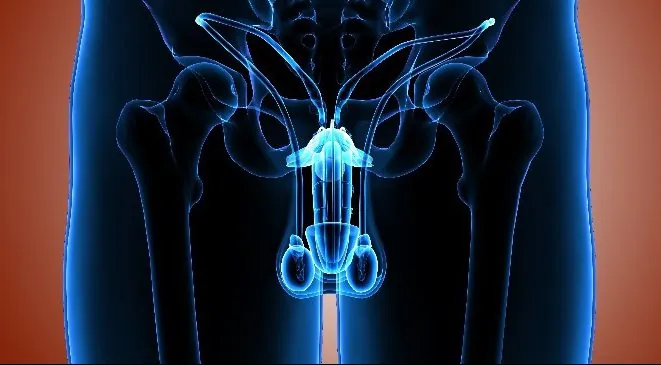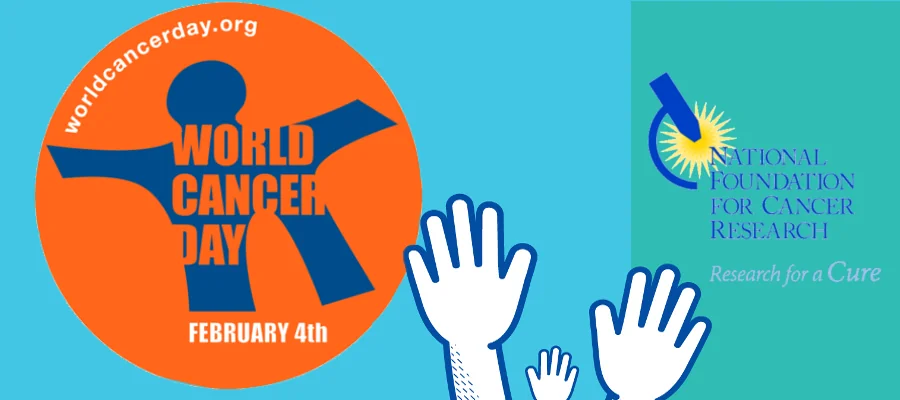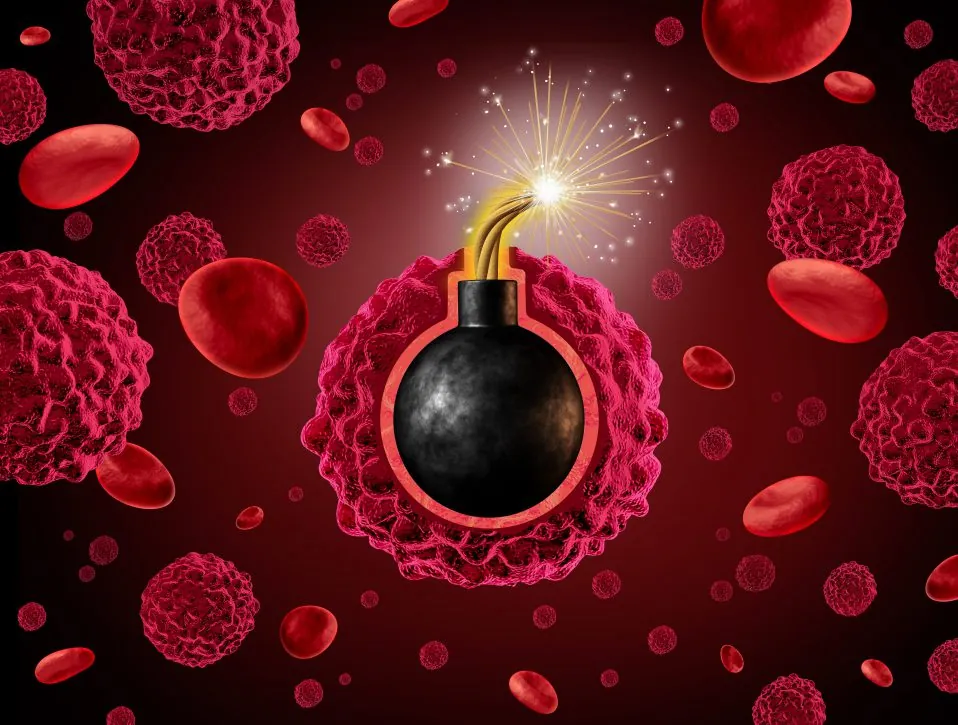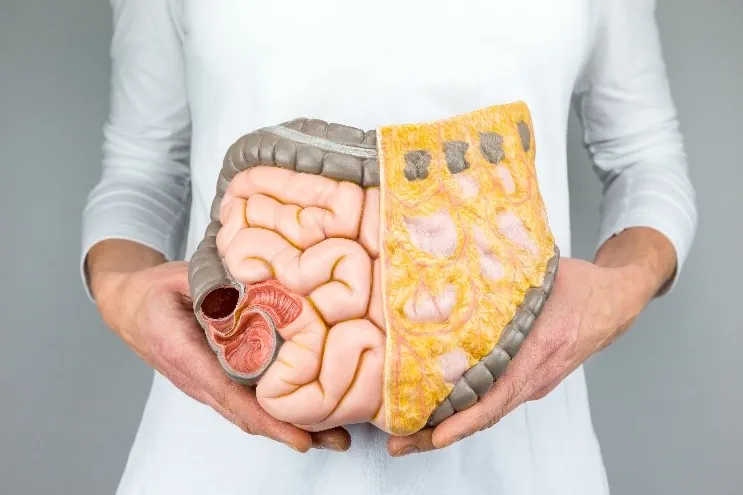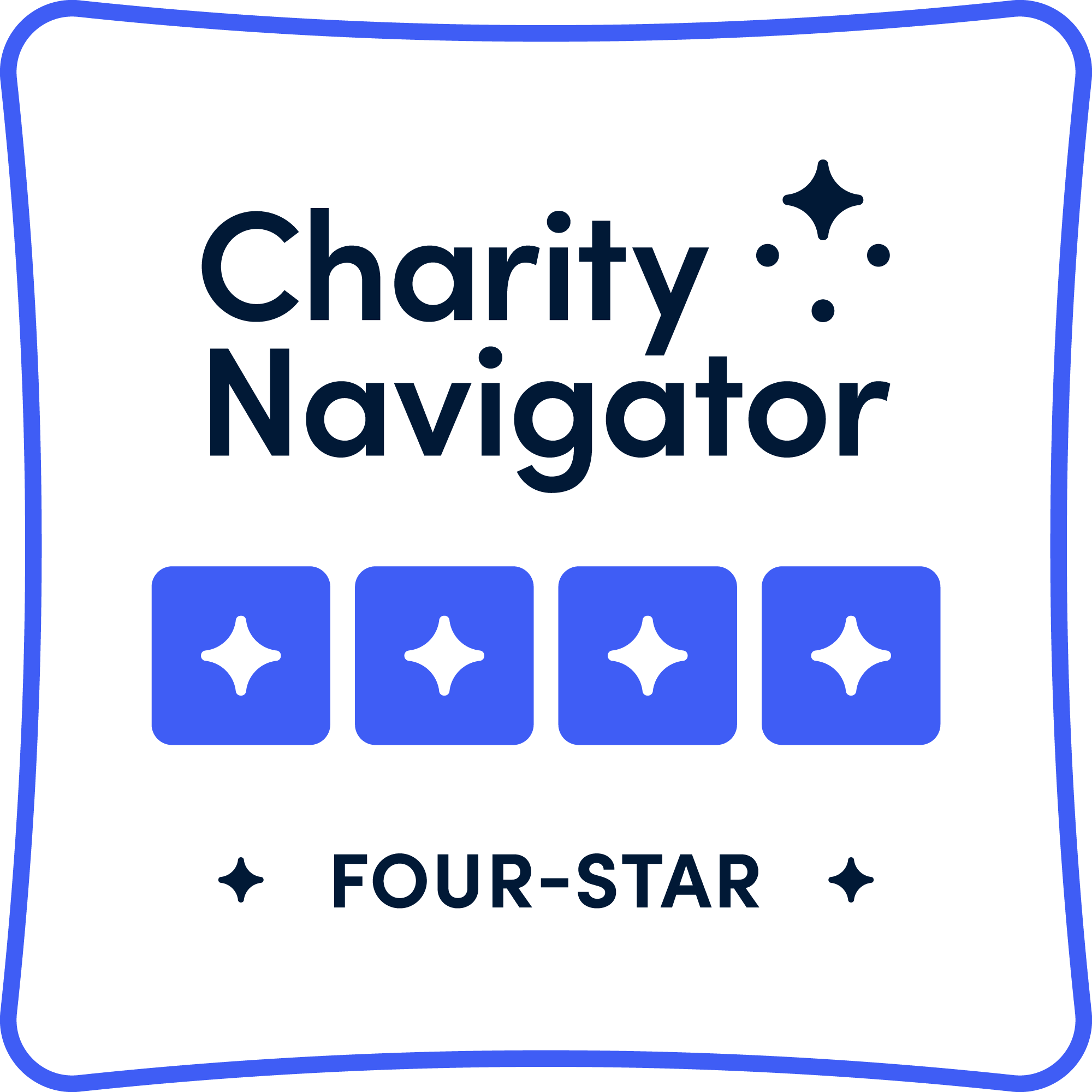With February being Gallbladder and Bile Duct Cancer Awareness Month, the National Foundation for Cancer Research wishes to profile a recent study focused on the indication. Like cancers of other organs buried deep within the body, gallbladder cancer is notoriously difficult to diagnosis in its beginning stages; most patients do…...
Ejaculation & Prostate Cancer
A recent study concluded a positive correlation between frequent ejaculation and a reduced risk of prostate cancer. Research has suggested this relationship for years, but a 2016 longitudinal cohort study surveyed nearly 32,000 men across several age groups for 18 years. The study, which was the largest sample size to…...
Shame & Cancer
Upon diagnosis, many cancer patients naturally evaluate how their lifestyles could have contributed to their fate. They may believe their cancer was self-inflicted and experience a deep sense of shame, saying to themselves phrases such as: “Why couldn’t I stop smoking? What’s wrong with me?” “I should have eaten healthier.…...
New Therapeutic Option for Triple-Negative Breast Cancer
Triple-negative breast cancer, one of the deadliest and most aggressive forms of breast cancer, spreads quickly, is resistant to many chemotherapies and is likely to reoccur even after a seemingly successful round of therapies. The cause for the later is the resiliency of a subset of cancer cells called cancer…...
Obesity & Chemotherapy
The effectiveness of certain chemotherapy drugs may be reduced by fat cells. This groundbreaking recent discovery was made according to a recent study published in November 2017 in Molecular Cancer Research, a journal of the American Association for Cancer Research. Obesity has long been associated with a higher risk of…...
Antioxidants: Body Balance
A 2017 epidemiological study published in Frontiers in Oncology suggests that a diet rich in antioxidants like carotenoids and vitamin C can help to prevent breast cancer and lung cancer. Antioxidants have had their fair share of press in recent years and numerous studies have been done trying to pinpoint their…...


